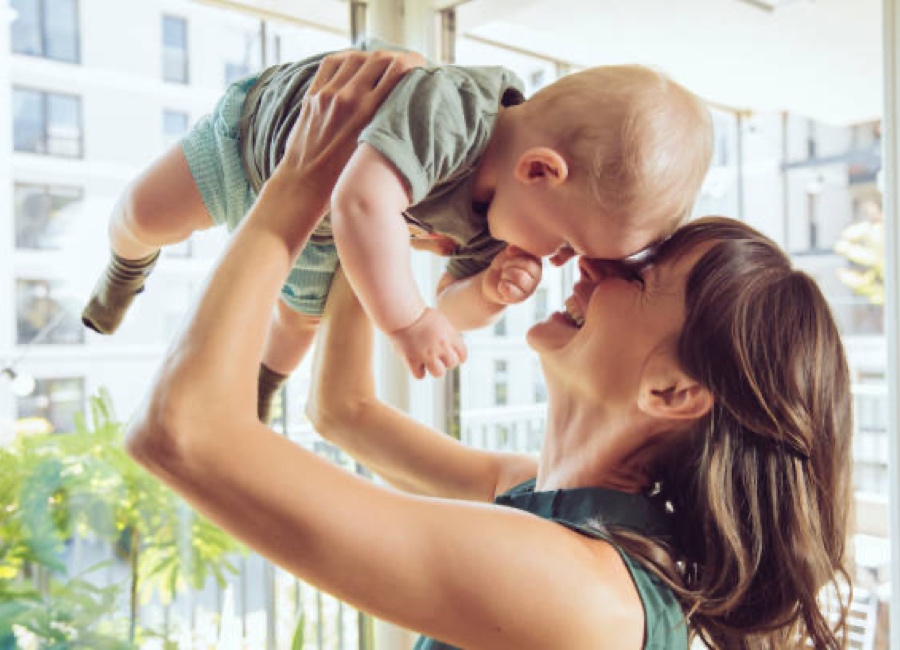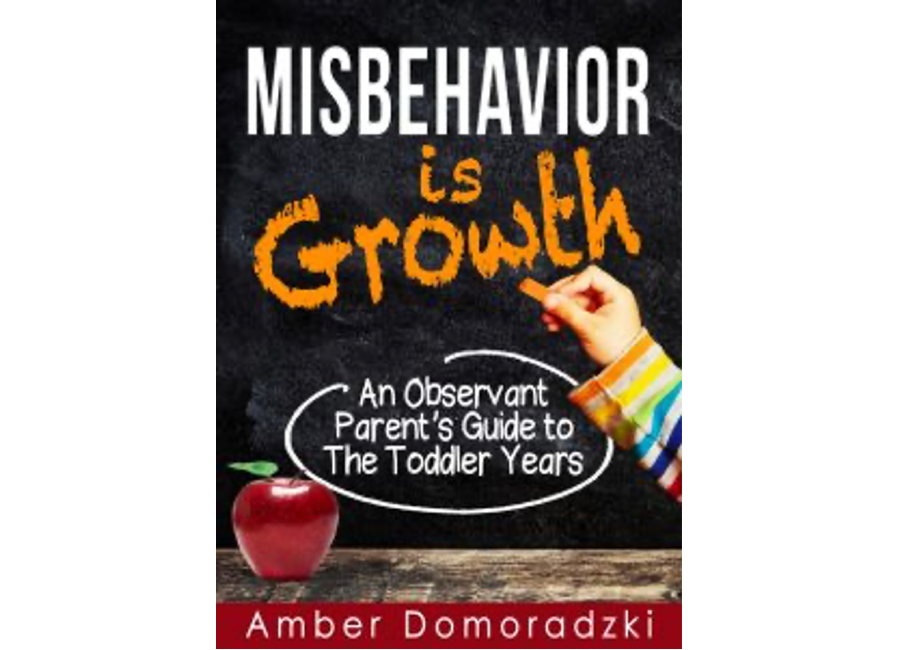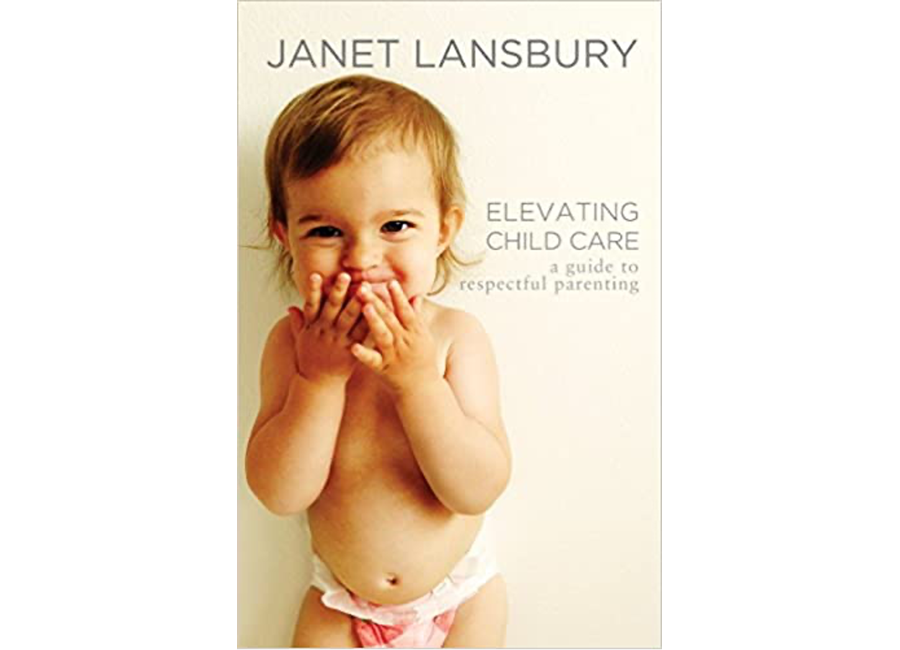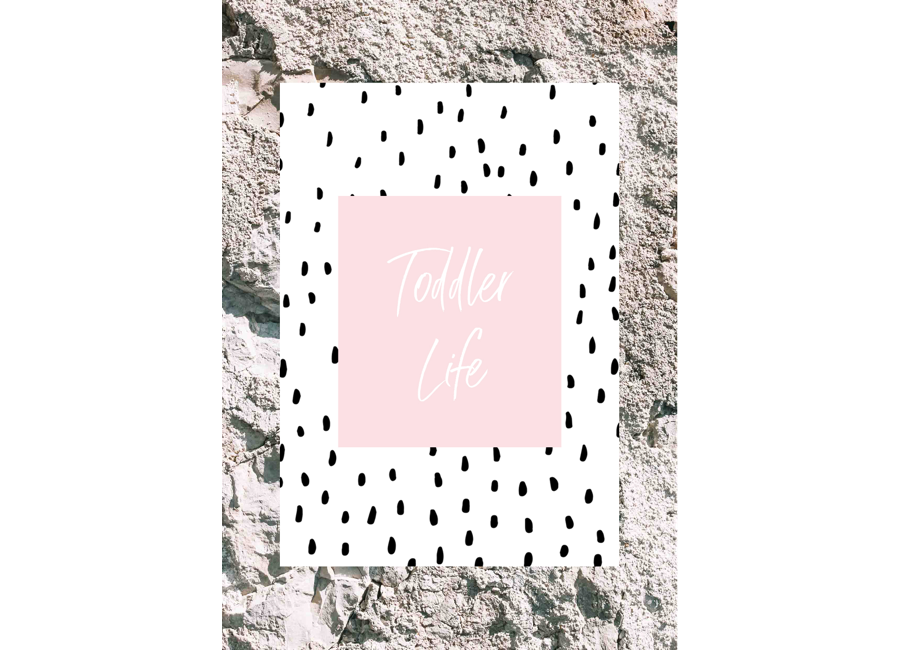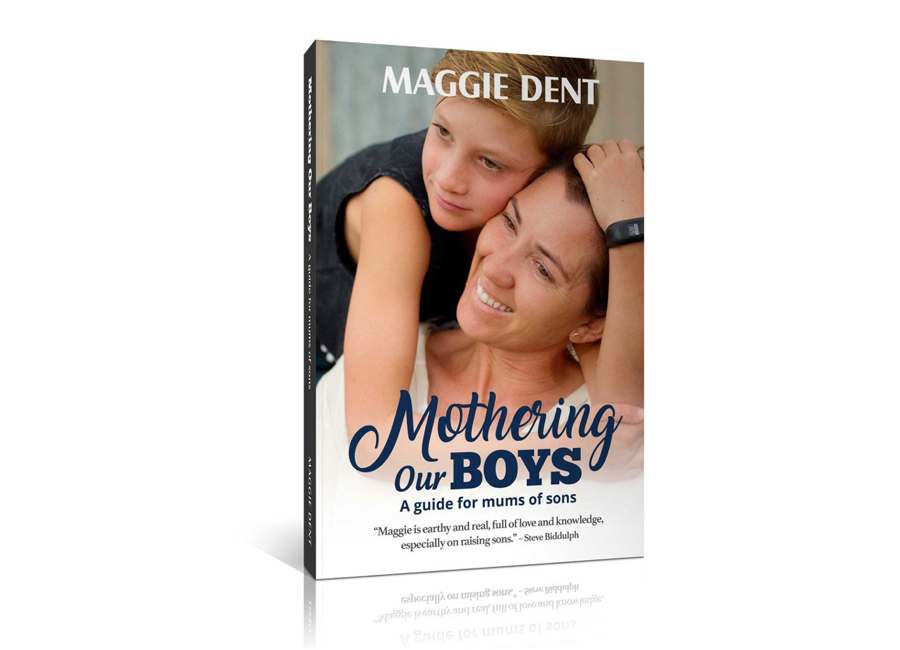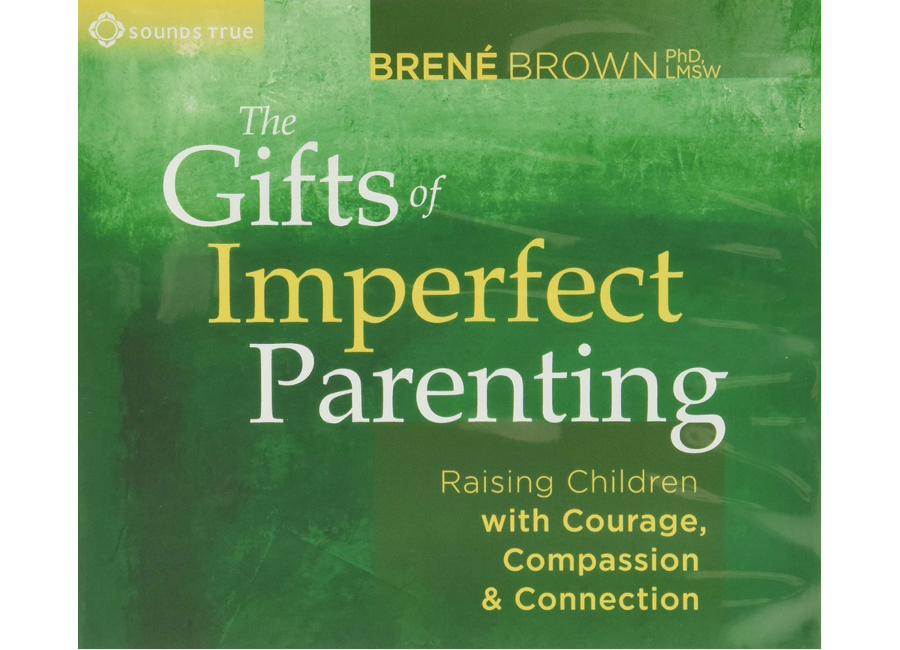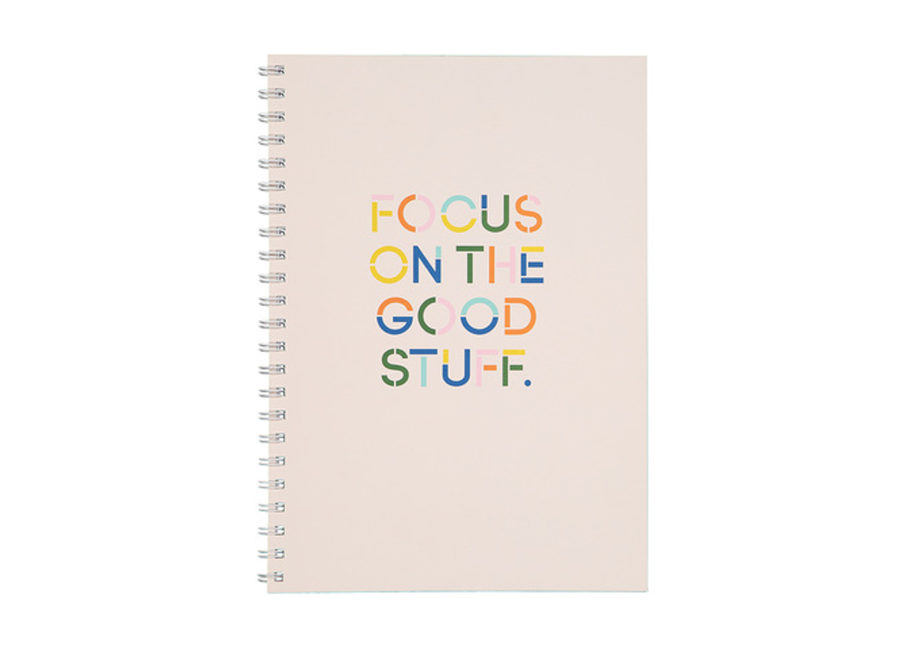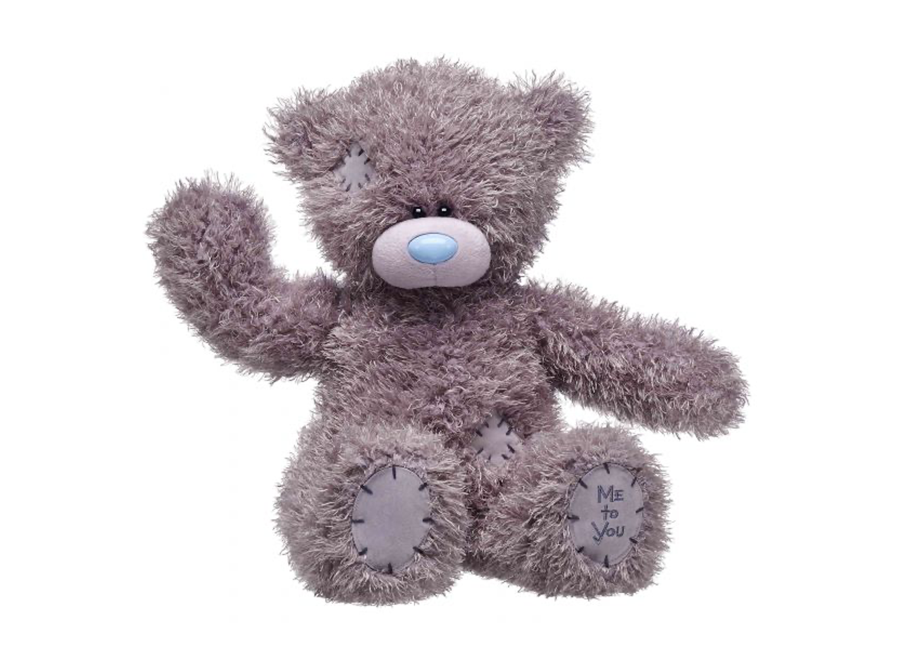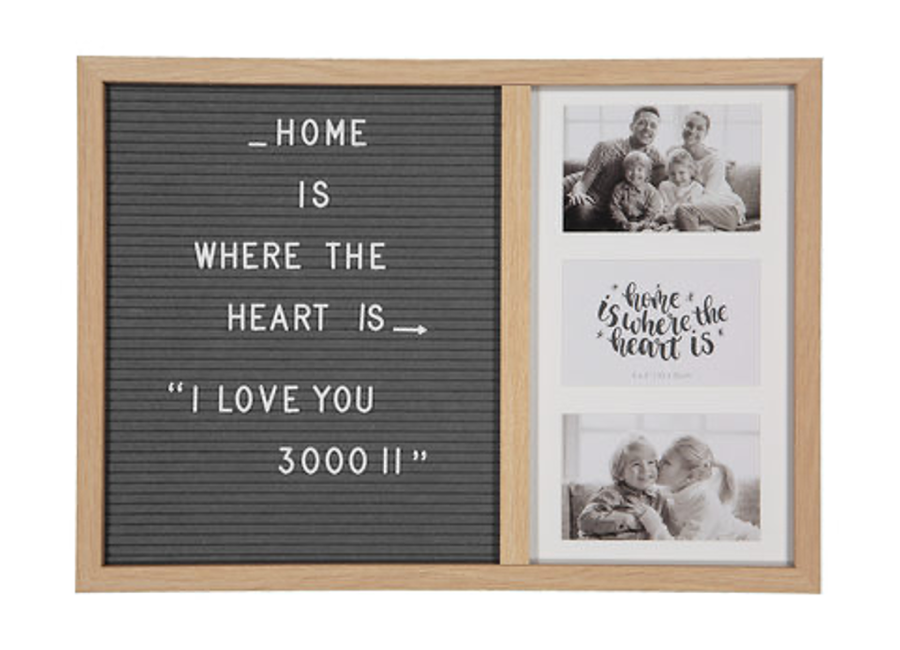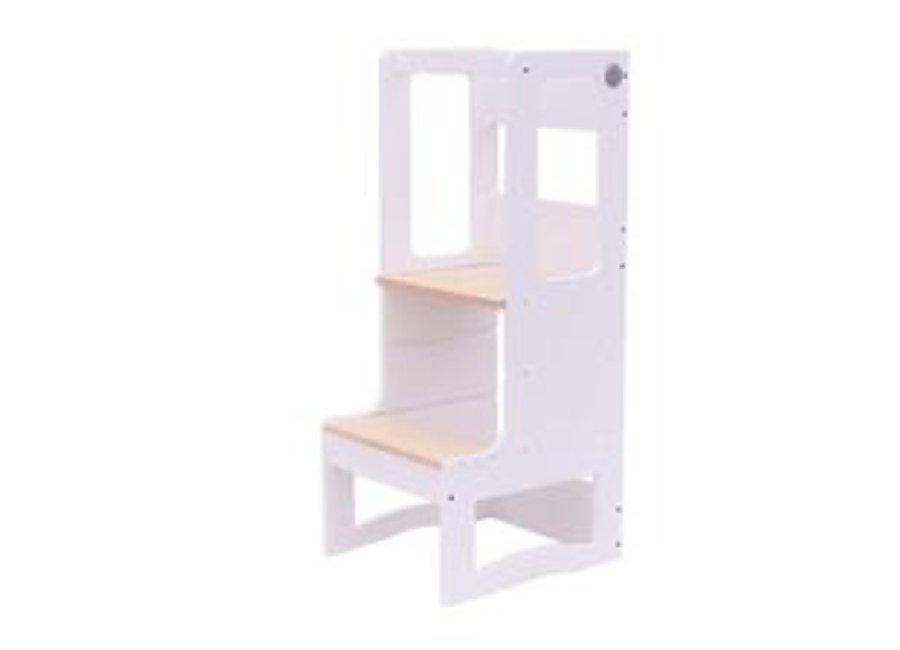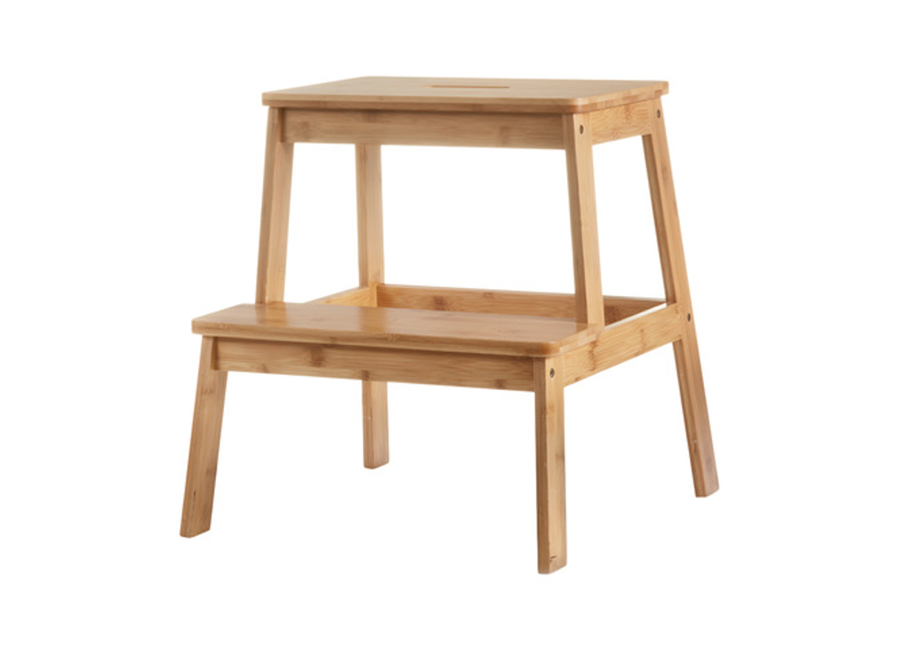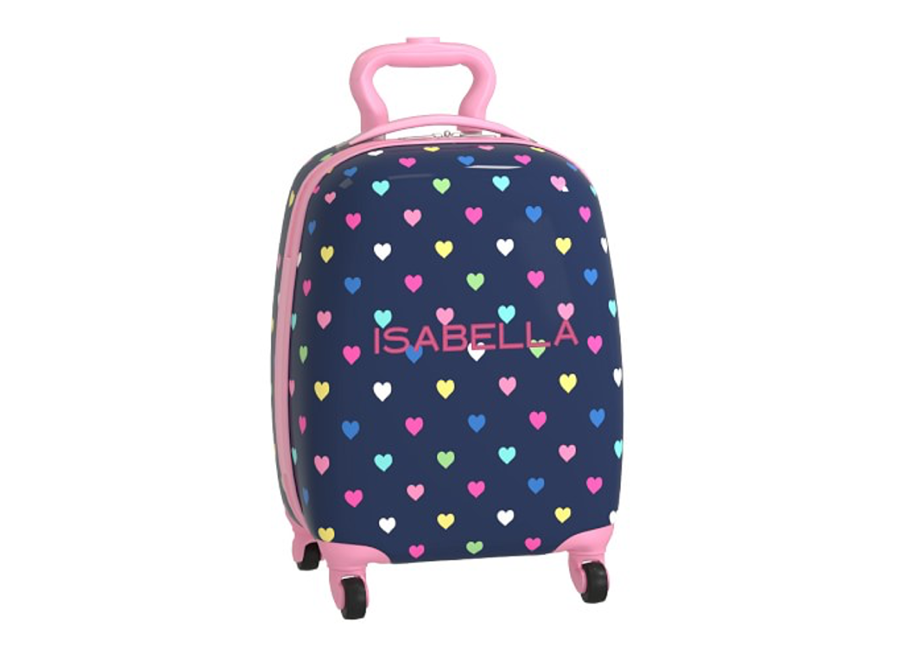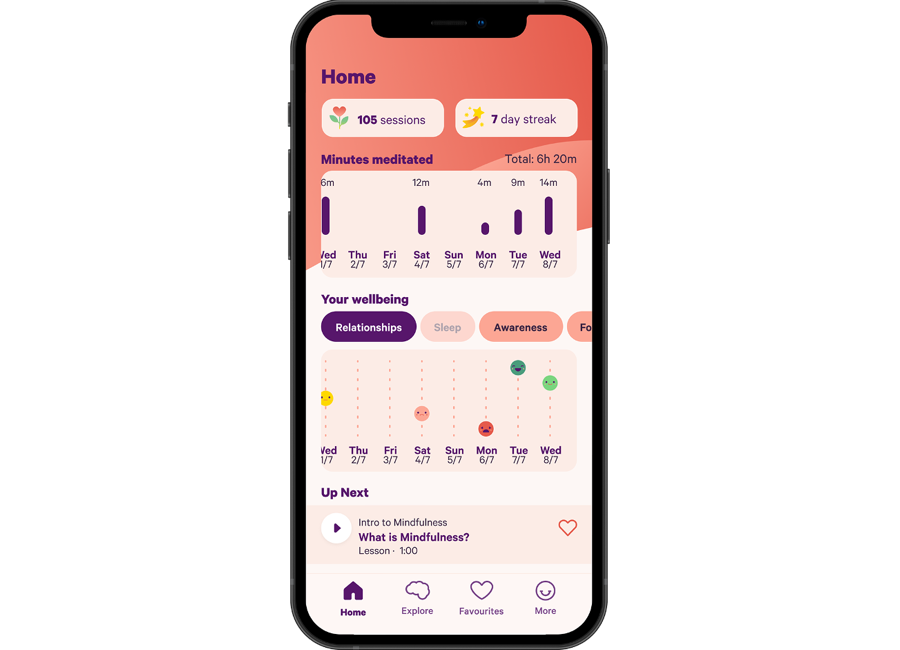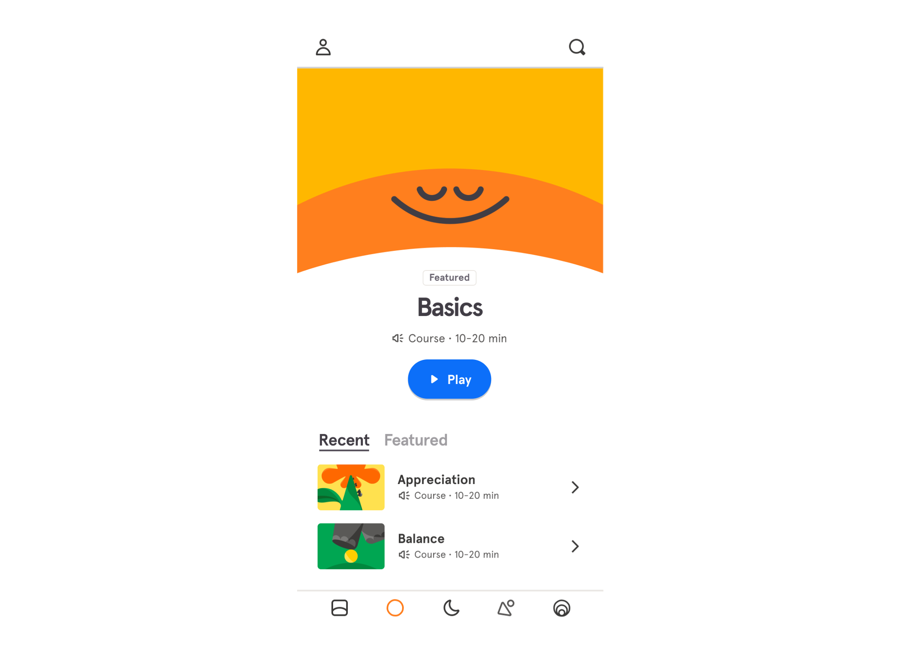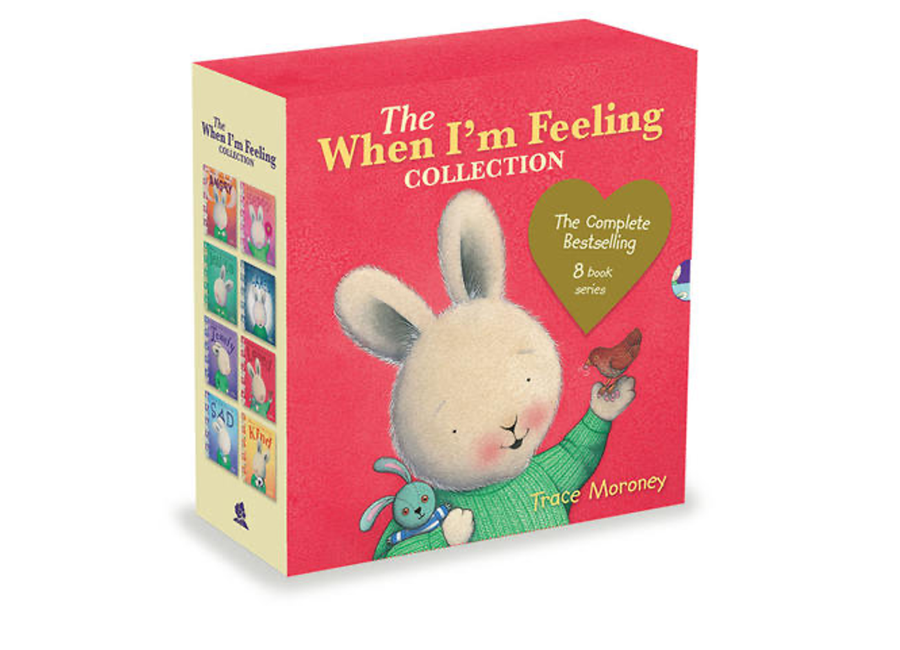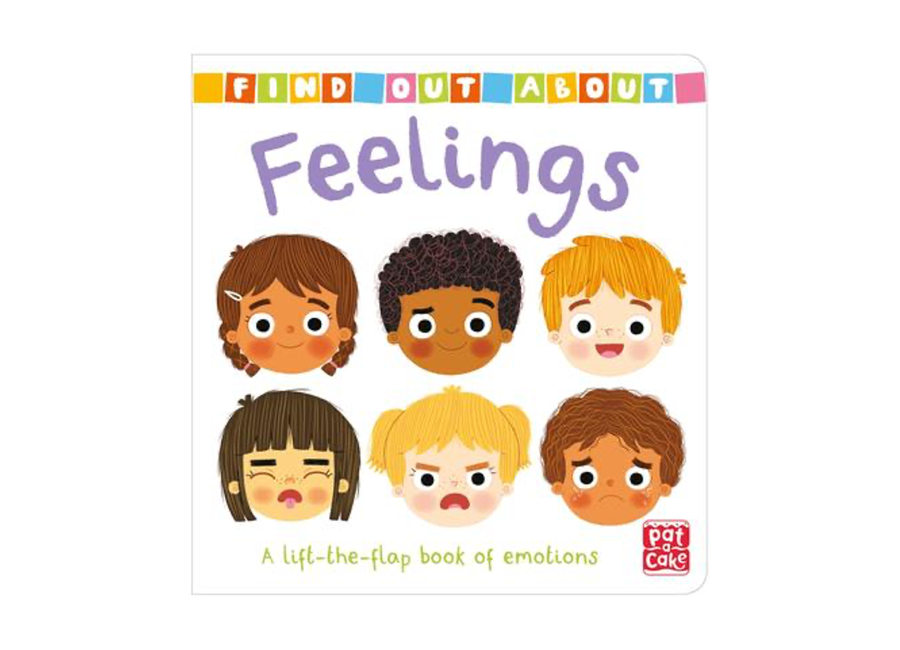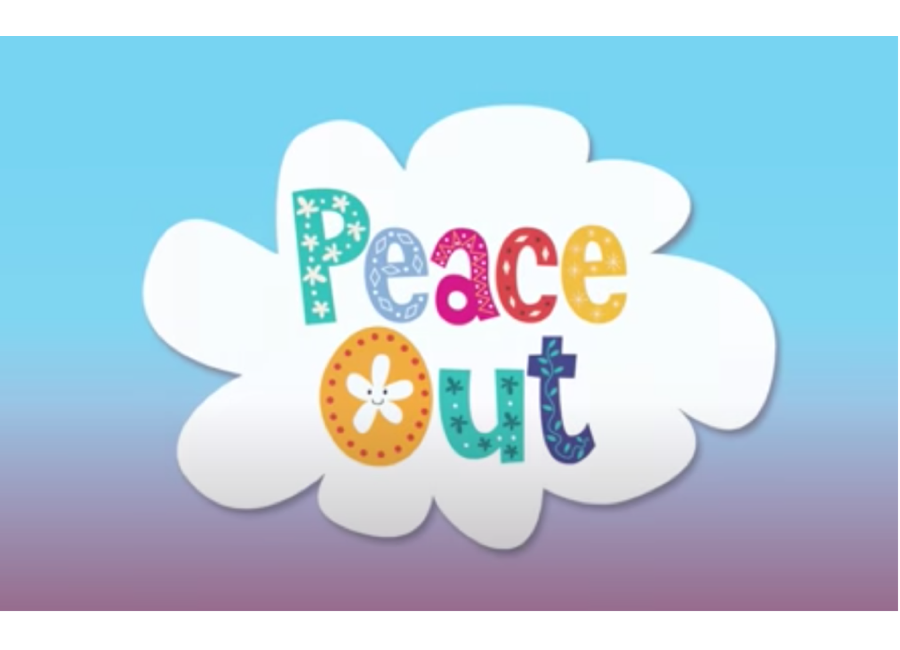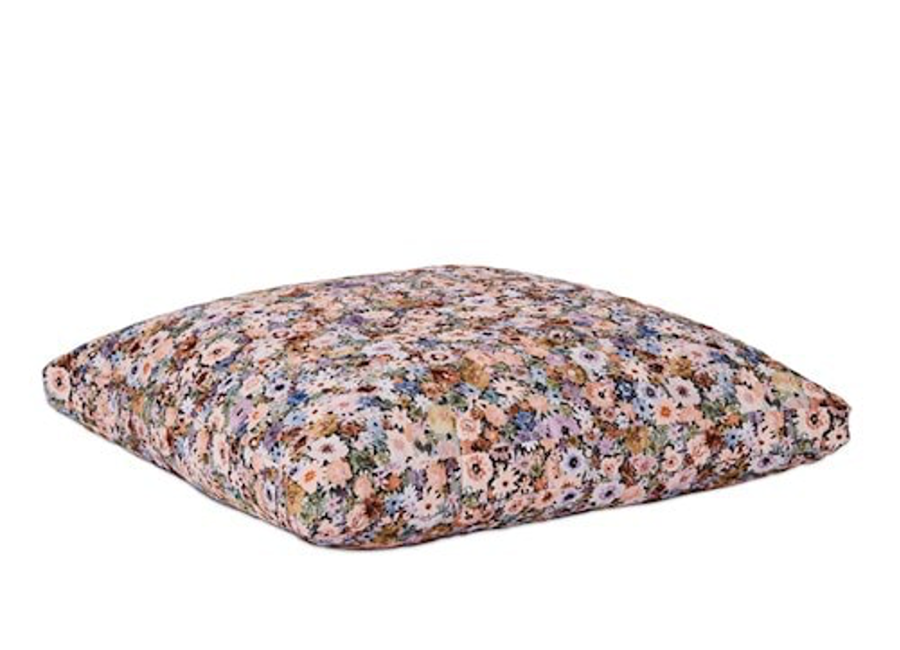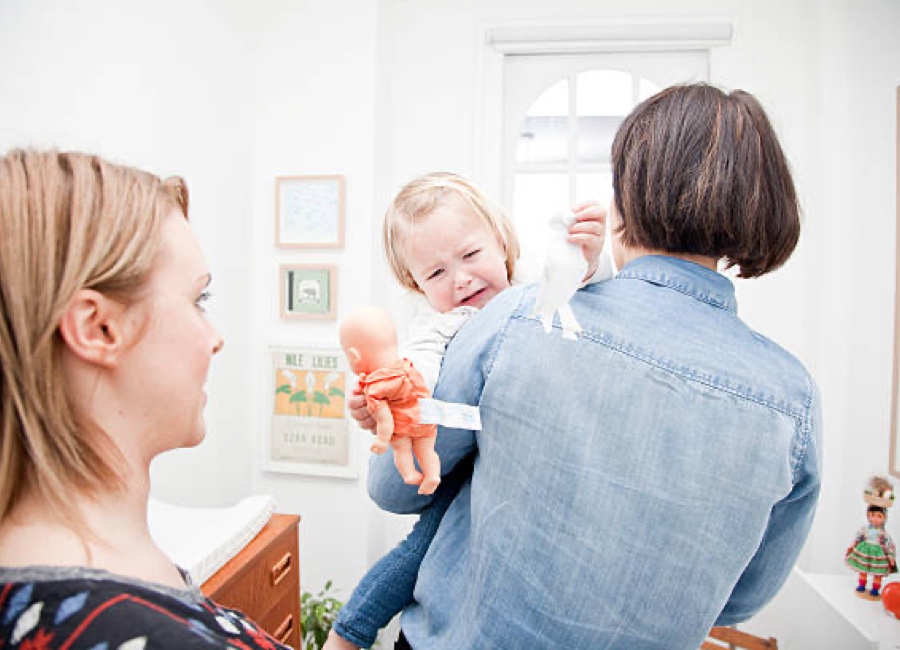
Why need this
Separation Anxiety Peaks @15 Months
In our lucky country we are able to stay with our babies up to 1 year or even longer. That is so great to be able to be there for all those first-year milestones and to build a really strong bond with your little one. The downside of it might be that your little one is very used to having you around. When they are only a few months old they do not really notice when they are with someone else, but around the 1 tot 1.5-year mark, they definitely know who is taking care of them and they often do not like it if you are leaving them. This is especially difficult when you are already dealing with mum guilt feelings about leaving your child in the care of someone else [link to starting daycare] while you go to work. Unfortunately, the time that we put our children in daycare aligns with the time that babies have the worst separation anxiety. That is almost a guarantee for difficult drop offs and lots of tears with both bubs and mum… To make it a bit easier our mums shared their tips and advice amongst each other.
Why this is
Cause Of Separation Anxiety
Separation anxiety is a good thing in a way, as it means that you have built a strong bond with your baby and they like to have you around. On the other hand, it is helpful if you can hand them over to someone else from time to time. When babies are very young, they are not yet aware about the difference between them and you, but as soon as they start to understand that they are a separate entity and that you sometimes leave them for a bit, they can start to develop some separation anxiety. From 15 – 18 months kids can have serious separation anxiety. They still have difficulty communicating and that leads to frustration and tantrums. In the beginning they are not yet aware that you will come back again, which causes the anxiety to increase. It helps when over time they start to understand that you leave them but that you will come back later or at the end of the day.

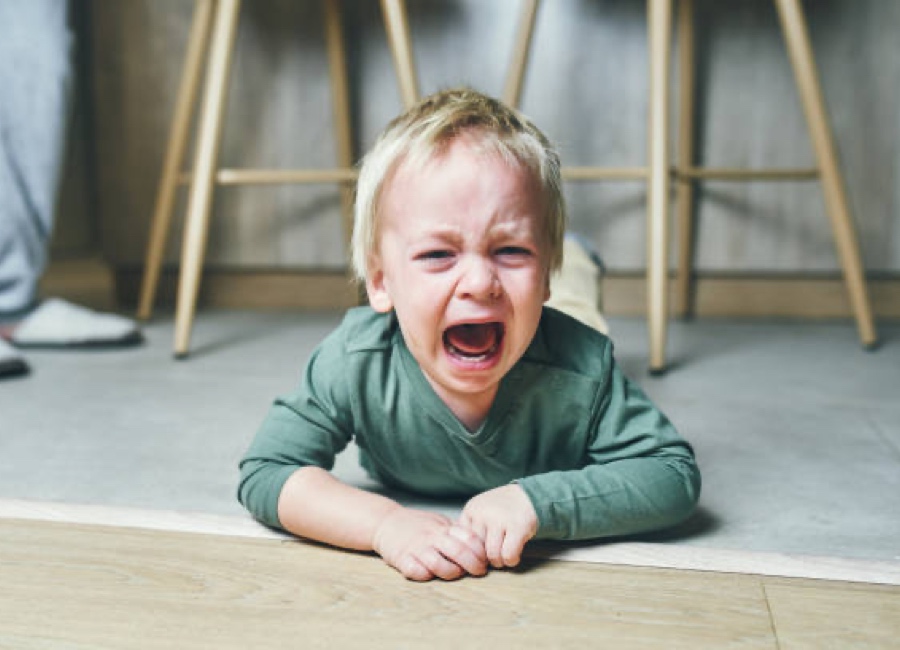

How it shows
Signs Of Separation Anxiety
The separation anxiety in our mum’s babies it showed in different ways. There were babies that showed sleep issues; they were standing up in bed, throwing mega tantrums and only wanted to sleep with mum or dad. Some kids refused to play with other kids and stayed with their teacher all day. Some were so obsessed with mum or dad that they screamed the house down when mum or dad left. There were babies that were very sooky and clingy and also some that pushed their parents’ buttons so hard that their parents starting yelling which definitely was counterproductive.
More Information
Great Resources
It can be quite difficult to deal with the separation anxiety. There is no real need for it and combined with potential feelings of guilt [link to starting daycare], this might make you feel like you have no control over the situation. Our mums shared how at times this made them so frustrated that they yelled at their kids or found it difficult to remain calm. Our mums love the “Winning the Toddler Stage” course. It is a course that is supposed to help raise happy, resilient kids who become strong and capable adults. The first module explains all about toddler’s feelings and some of ours mums said that was already giving so much insight. They found it much easier to deal with the tantrums when they understood the behaviour better. Other great resources that our mums explored are:
- Theobservantmom.com – this book helped some of our mums to realise the behaviour is normal and reduced their personal anxiety about failing as a mum.
- Janet Lansbury – her podcasts and articles around respectful parenting helped our mums find great ways to deal with the difficult behaviour.
- Marshall Rosenberg – his non-violent communication videos on You Tube helped our mums to communicate better.
- Kylie Camps – great podcast that will provide insight and guidance in some parenting issues
- Maggie Dent – a parenting and resilience specialist who has written a number of books and speaks at events about parenting issues.
- Brene Brown – The Gifts of Imperfect Parenting, but also not specific to parenting, but helpful for remembering to be compassionate while also protecting our own feelings.
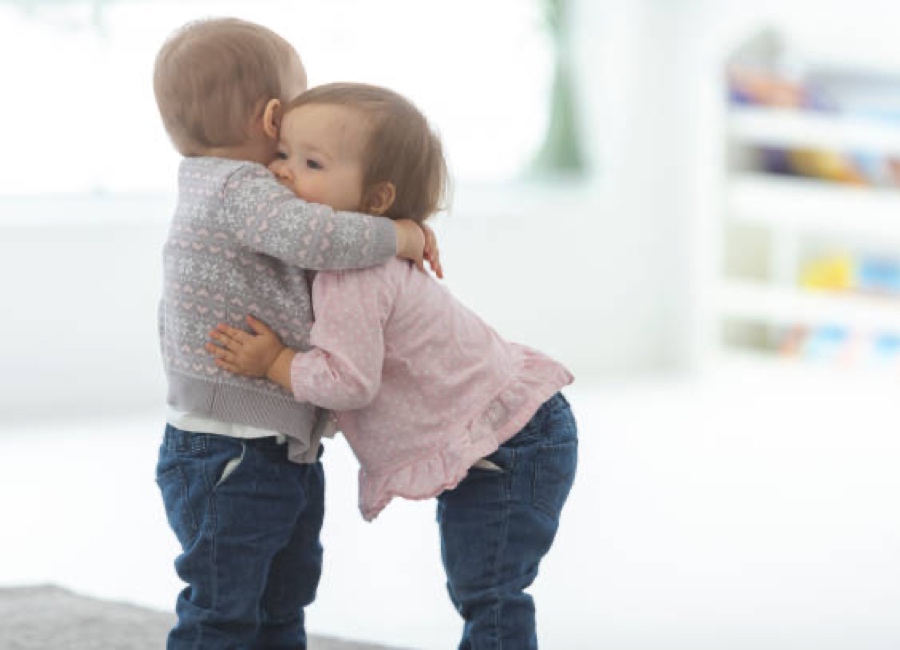
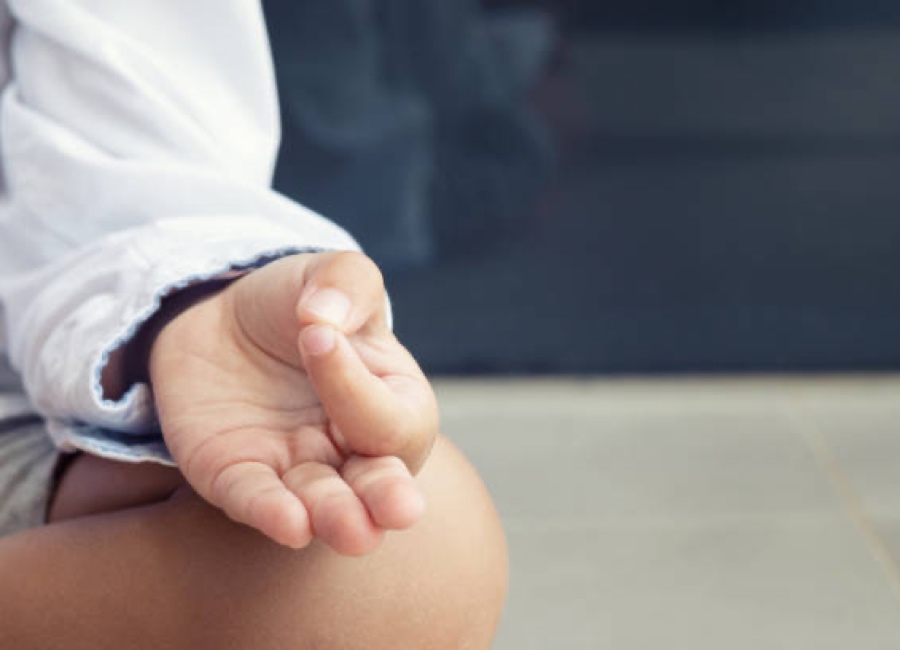

How To Manage
The Best Strategies
The above-mentioned resources helped our mums to better understand what they are dealing with and to find good strategies to work it out. Our mums said that especially the following strategies worked well, when they were dealing with separation anxiety in their children.
- Goodbyes – It helps if mummy/daddy says goodbye properly and says they will be back soon instead of sneaking out when they leave.
- Distraction – Try to distract the child by focussing on a new activity.
- Acknowledge – it helps to acknowledge your child’s feelings: ‘I know you miss … you must be feeling really sad. I feel like crying when I am sad.’
- Plans – Give your child a chance to tell you what they want to do and make a plan to do that when you get back. Make a list together or make a call or message. Follow up with the plan when you are back.
- Special Teddy – Have a special teddy that mum/dad snuggle, so whenever the child feels sad, they can give the teddy a snuggle.
- Special things – Let others do special things: something extra, way cooler than …
- Picture – Have a photo of mum/dad to look at
- Learning chair – If it is hard to put them down so you can do some cooking, maybe invest in a learning chair/step stool so they can help you in the kitchen.
- Sleep over – Get the kids to stay somewhere overnight from time to time
- Listening – Kids do often not hear every word, so remember that when you talk to them. This is the reason why you better say ‘let’s walk/hold hands’ instead of ‘don’t run’.
- Choices – Kids often act out when they do not have boundaries: give them two choices both with a positive outcome
- Meditation – Try meditation to feel calmer, relaxed and centred: Down Dog Yoga, Smiling Mind, Headspace.
- Pause – Commit to pausing your reaction for 10 seconds to give yourself some time to breathe. Think about how you want to parent and then respond when you can do it gentler.
- Calm Down – Some of our mums like to listen to some Calming & Relaxing YouTube Music, when things get tough.
- Share – Talk a lot to other parents of toddlers to realise it is just normal behaviour
What To Teach
Help Them Understand
As mentioned, the separation anxiety will become less when your child start to understand that you are coming back. It also helps them to understand their own feelings better. Our mums found that there are some great books in the market to read with your child to help them with their feelings.
- The When I’m Feeling Collection – 8 book collection by Trace Moroney, who is a psychologist. These books are popular among our mums. The books form a great way to introduce concepts like jealously, disappointment etc. These books are also used in kindergarten and prep grades calm down corners.
- Find out about feelings – Lift-The-Flap Find Out About Feelings.
- Thomas The Tank Engine
- Peace Out Meditation For Kids – to help them calm down and with this lovely meditation cushion, that will be a great way to manage all those feeling.
These are the resources that our mums used and the strategies they applied to better deal with separation anxiety and tantrums in their babies and toddlers. Do not expect these to remove the issue completely; there will still be tantrums and moments that you will not cope with it yourself. Remember that it is a phase and will pass! As with all development leaps that your child goes through: you will have a smarter more skilled kid afterwards…
